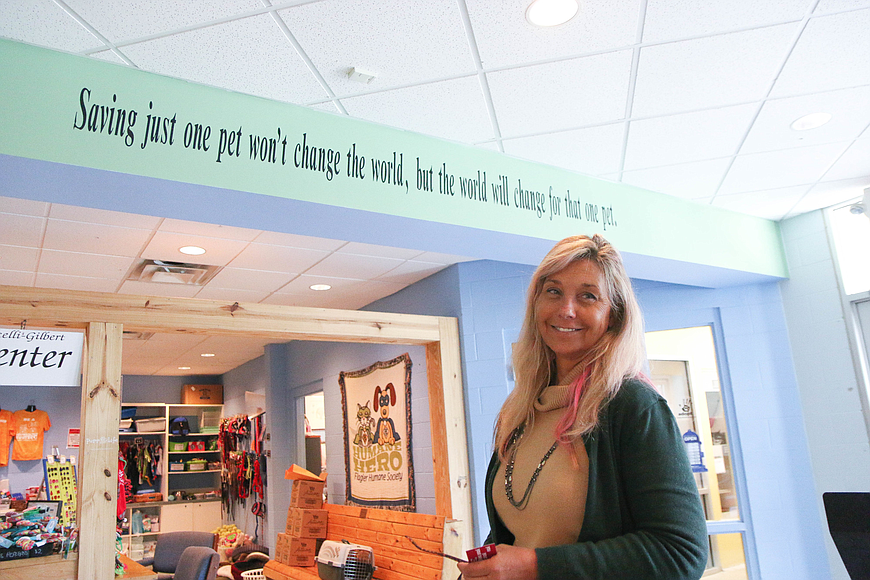- December 15, 2025

The Flagler Humane Society is preparing for the possibility that it will have to care for pets whose owners become hospitalized due to the coronavirus. Staff feared that fosters and adoptions might slow just as the shelter needs more space — but instead, people have been stepping up to help.
"We put out a plea last Monday: With everything going on, we’d love to get the shelter as emptied out as possible," Flagler Humane Society Executive Director Amy Carotenuto said. "We need adoptions, we need fosters. And it’s amazing, the response. My expectations were so low. ... I didn’t think we’d have any adoptions, and then we’ve had so many — and a lot of people are fostering."
All fees for pet adoptions are now being waived, she said.
The Flagler Humane Society has prepared its education room to hold owned animals that come in due to COVID-19. That space can hold maybe 25-50 animals, depending on what kind they are, and how large, Carotenuto said.
If that's not enough space, it will open up a secondary location, possibly on a school campus, as is done during hurricanes, Carotenuto said.
Carotenuto urged people to make a plan for who will care for their pet if they need to be hospitalized.
"We Floridians, we’re good at this: We’re used to hurricane preparedness," she said. "Have a plan for your pet if you end up at the hospital — a friend, a family member. But if they don’t have anybody, we’re here."
The plan should include the pet's medications and vaccination/veterinary records, if possible. Still, she said, "We’re going to take the animal no matter what ... just like we do during the hurricanes, when we say, 'Please bring all this stuff,' and people walk in with a cat in their arms."
Ideally, she said, the Humane Society will be notified before the person is hospitalized, so that a Humane Society staff member can go to the home in personal protective equipment to pick up the pet, or a friend or family member can bring the pet to the shelter.
Once the person is hospitalized, the logistics become more difficult — for instance, how to get a key to enter the home.
And unlike during hurricanes, Flagler Humane Society staff have to prepare for the possibility that incoming pets are carrying virus particles shed by their owners.
"The plan would be to bathe the pet immediately," Carotenuto said. "If we can’t bathe the pet, then we would have to quarantine them for five days."
The Flagler Humane Society has started offering telemedicine veterinary consultations for $19.99 to current veterinary patients who've been seen by the doctor in the last 12 months, for relatively minor but urgent matters such as an apparent ear infection.
The Flagler Humane Society is also lifting some of the typical requirements for access to its pet food bank.
"We’re going to waive all that criteria right now and get people started," Carotenuto said. If people want to continue with the food bank once the COVID-19 crisis is over, they'll then have to meet standards that include having a home visit conduced and showing that the animal is vaccinated and spayed or neutered, Carotenuto said.